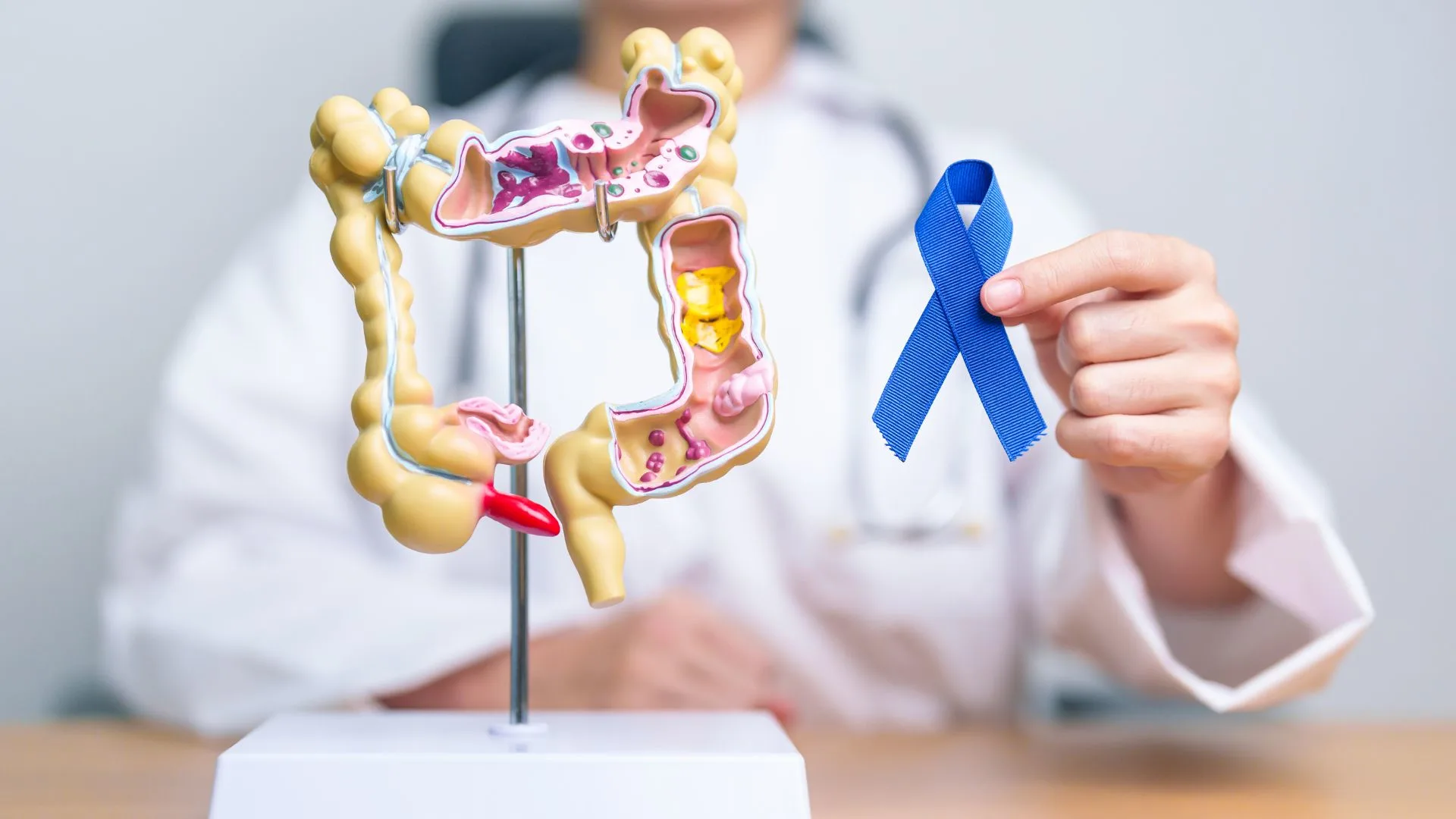
Understanding Colon Cancer ⚠️
Colon cancer, or colorectal cancer, is one of the most common types of cancers worldwide. It develops in the large intestine (colon) or rectum, which makes up the last section of the digestive system. This type of cancer can progress silently, often going undetected until advanced stages, making awareness, routine screening, and early detection critical for improving survival rates.
What Causes Colon Cancer? 🤔
Colon cancer typically begins with polyps, which are benign growths on the inner lining of the colon or rectum. Over time, some polyps can develop genetic mutations, transforming into cancer.
Certain factors increase the likelihood of developing colon cancer, including:
Symptoms of Colon Cancer 🔍
Colon cancer symptoms often depend on the location and stage of the tumor. Early stages may be asymptomatic, but as the cancer progresses, patients may experience:
How Is Colon Cancer Diagnosed? 🩺
Diagnosing colon cancer relies on a combination of methods, but a colonoscopy is considered the most effective and essential tool for both detecting and preventing this disease. A thorough evaluation using the following diagnostic tools ensures early detection and accurate diagnosis:
1. Colonoscopy – The Gold Standard 🌟
2. Clinical Examination
Rectal Exam: A quick and simple test to check for abnormalities in the rectum, especially in cases where the cancer is located in the lower part of the digestive tract.
3. Imaging Tests
4. Laboratory Tests 🔬
Treatment Options for Colon Cancer 🏥
Treatment varies depending on the stage and progression of the cancer:
How Can Colon Cancer Be Prevented? 🛡️
Although not all cases can be prevented, lifestyle changes and regular screenings can reduce risk significantly:
Why Early Diagnosis Matters 💡
Colon cancer represents a significant global health challenge, not only because of its high prevalence but also due to its potential to progress silently without symptoms until advanced stages. According to the latest data from the World Health Organization (WHO) in 2020:
Projections from the International Agency for Research on Cancer (IARC) paint an even more concerning picture for the future:
These alarming figures underscore the importance of early diagnosis and prevention. Routine screenings, such as colonoscopies and fecal occult blood tests, are not only effective in detecting early-stage cancer but also in identifying precancerous polyps that can be removed before they become malignant. Early intervention significantly improves survival rates, with localized colon cancer having a 5-year survival rate exceeding 90%.
In addition to medical measures, adopting healthier lifestyle habits—such as consuming a high-fiber diet, engaging in regular physical activity, and avoiding smoking and excessive alcohol consumption—can substantially lower the risk of developing colon cancer.
The rising global incidence and mortality rates make it clear: increasing awareness, improving access to preventive healthcare, and encouraging proactive health management are essential steps in combating the burden of colon cancer. By integrating early detection strategies with lifestyle modifications, we can turn the tide against this growing public health issue.
🩺 Explore out our Check-Up Programs!
DISCLAIMER: The information presented on this page has been intentionally condensed and simplified to make it accessible and easier to understand for the general audience. Its purpose is solely to provide basic awareness and education on the topic discussed. It is important to note that this content is not exhaustive and does not replace or serve as a substitute for professional medical advice, diagnosis, or treatment. Readers are strongly advised to seek consultations with qualified healthcare professionals or specialists for accurate assessment, personalized guidance, and appropriate medical care. Relying solely on the information provided here, without professional oversight, may lead to misunderstandings or inadequate treatment.
Privacy policy
Copyright ©2025 Klinika Kajo. Designed By Vizional